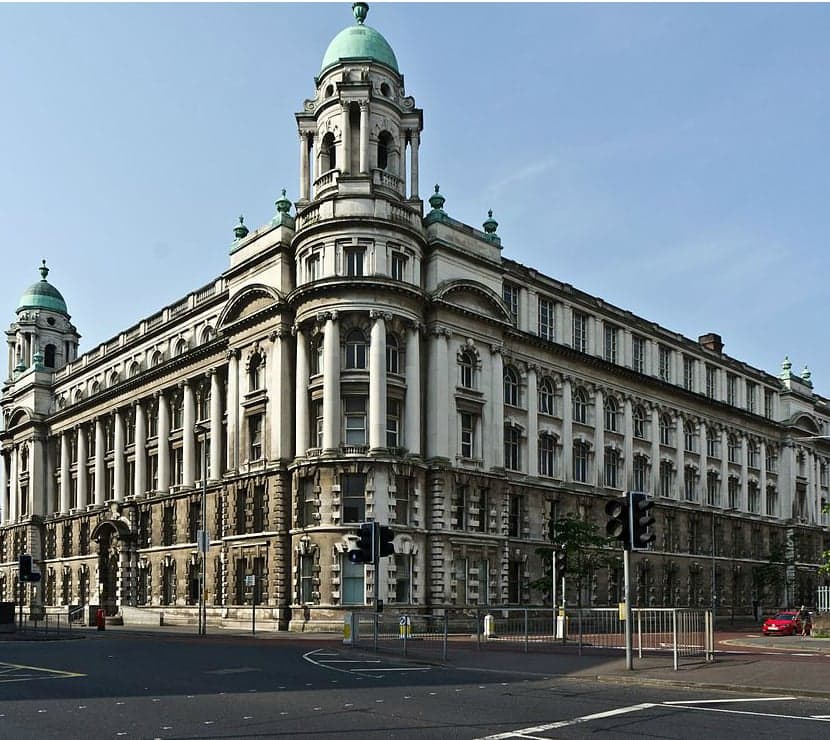Published:
The Downside of Brexit for Ireland
Looking across the pond to Ireland, Americans unfamiliar with the still evolving consequences of Brexit might be inclined to see it as a net positive for the Emerald Isle. After all, it didn't Brexit, but neighbors to the north most certainly did.
The problem is that there is a large volume of trade between Ireland and the U.K., including that between the Republic and Northern Ireland. About 17 percent of Ireland's total trade is with the U.K., while 33.6 percent is with the rest of the EU. There's substantial trade between Ireland and its northern neighbor, with people and goods crossing back and forth with ease. Any disruption in this flow will cost both sides dearly.
Trade has already been negatively affected by the decline in the value of sterling. Consumers in the north are complaining about the cost of goods and services in the Republic, with one woman in Belfast griping that her wedding in Donegal now costs 3000 euros more than it did a couple of months ago. Some British companies that rely heavily on trade with Ireland and the rest of the EU have already gone bust. Several Irish mushroom growers have also gone under.
One bright spot for consumers in Ireland is that their e-commerce purchases in sterling are 20 percent cheaper and have increased accordingly.
In the event of a “hard” Brexit, where there are few or no concessions, Irish goods may be hit with tariffs of around 10 percent. This number is already causing sleepless nights for domestic and foreign-owned companies in the UK, whose customers are mainly in the EU. The CEO of Nissan, the Japanese carmaker, recently told government officials in London that it expanded in Britain because of tariff-free access to the continent. Slapped with a tariff, Nissan cars likely will be instantly uncompetitive, leading to factory closings with thousands of workers sacked.
Irish goods, especially agricultural products, would face a similar fate. That sector is extremely important to the Irish economy, and it won't be easy to find replacement markets with no duty and low transport costs.
Economists are estimating that bilateral trade could fall by 20 percent in the years following Brexit, depending on how the bargaining goes. Irish GDP estimates for next year have already been cut by half a percent, and experts reckon that for every one percent reduction in UK growth, Ireland gets hit 0.3-0.4 percent. The economies are as close as teeth and lips, according to the old Chinese saying.
Is there an upside to Brexit for Ireland? Analysts and commentators in the Irish press are restrained about whatever benefits may pop up far in the future. One is the relocation of British businesses, especially in finance. Trouble is there's not a lot of space in Dublin to put them, though this could be remedied in time. Some manufacturing may drift over but there are practical limitations to that, and limits on the free flow of people across borders will impose extra burdens.
The Irish government seems to be pulling the right levers after a late start. Programs are being designed to generate more foreign investment, help businesses find new markets, and support farmers.
There is hope that Brexit might be reversed, but that seems unlikely now.
File under






